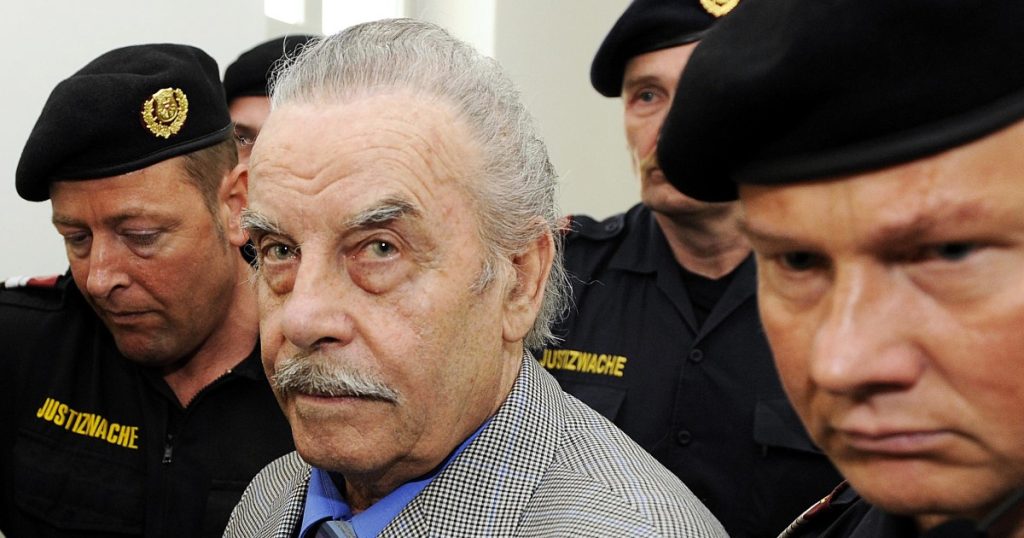A court in Austria has ruled that Josef Fritzl, the country’s most infamous living criminal, can be transferred from a prison psychiatric unit to a regular prison. Fritzl gained notoriety for holding his daughter captive for 24 years in a dungeon under his home, where he fathered seven children with her. He was convicted in 2009 for incest, rape, enslavement, coercion, and the murder by neglect of one of the children. Despite the potential for transfer, the court stated that Fritzl’s release from incarceration is unlikely due to “special preventive reasons.”
Fritzl’s lawyer, Astrid Wagner, has indicated that she will apply for his conditional release within a year of his transfer. The court noted that Fritzl no longer poses a threat that requires being held in a forensic-therapeutic center, citing his advancing dementia and frailty as factors. However, the court reiterated that a conditional release from regular custody, which would entail his freedom, is not possible due to his “unprecedented criminal energy.”
In a hearing in January, the court initially allowed Fritzl’s transfer to a regular prison, only for a higher court to overturn the decision in March. The higher court ruled that the necessary facts for a conditional release had not been fully established, ordering the first court to gather a more complete picture of Fritzl’s suitability for transfer. Prosecutors have the option to file a complaint against the decision to move him to a regular prison in an attempt to have it overturned, as they did following the first ruling.
The 89-year-old Fritzl, who has changed his name since his conviction, has been serving a life sentence in a prison unit for mentally abnormal inmates. He was found guilty of heinous crimes against his daughter and their children, including the murder by neglect of a newborn boy. Despite the potential for transfer to a regular prison, the court has emphasized that Fritzl’s release from incarceration is unlikely due to the severity of his crimes and the special preventive reasons cited.
While Fritzl’s lawyer believes he should be released from the forensic-therapeutic center due to his declining health, the court has maintained that his release from regular custody is not possible for special preventive reasons. The decision to transfer Fritzl to a regular prison was made following a hearing last month held inside the facility where he is currently detained. The first court’s ruling regarding his transfer can still be challenged by prosecutors, who have the ability to file a complaint in an effort to reverse the decision.


